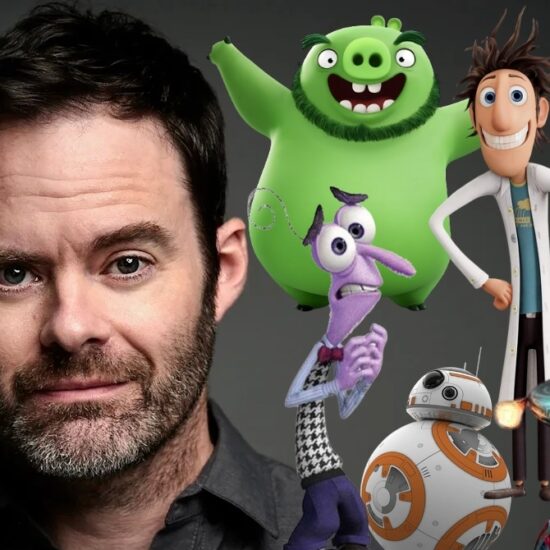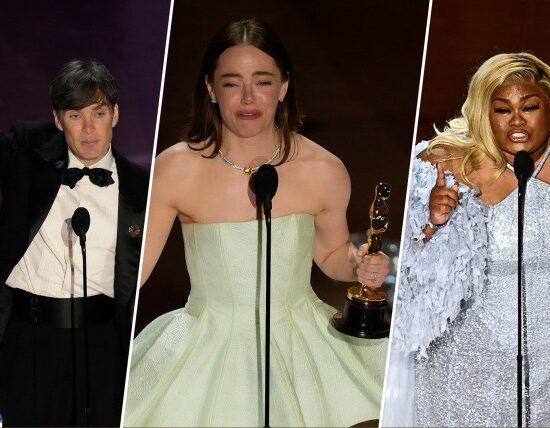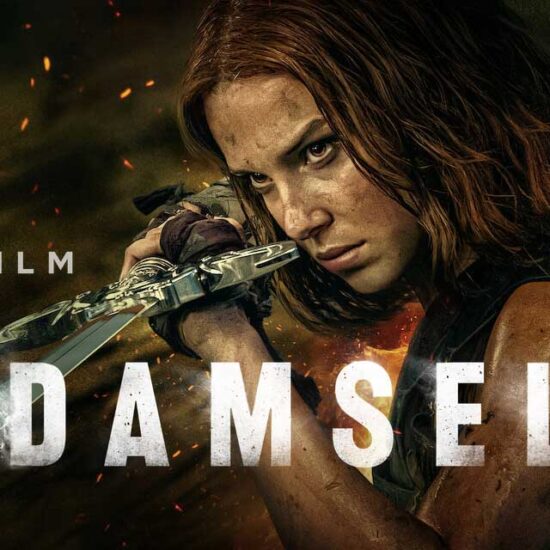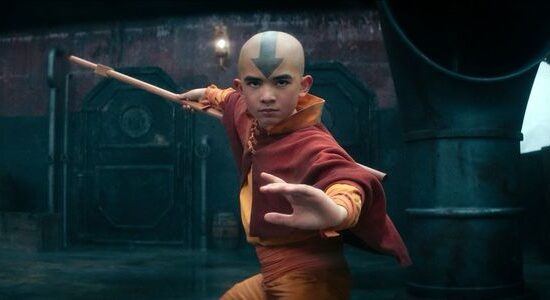
And the big pivot is… a highly manicured and expensive blend of Tame Impala-style psych-rock, A24 synth-pop, loungey R&B, and Silk Sonic-esque funk, a sound so immediately appealing that it doesn’t feel experimental at all. In 2020, Yachty’s generational peers, Lil Uzi Vert and Playboi Carti, released Eternal Atake and Whole Lotta Red: albums that pushed forward pre-existing sounds to the point of inimitability, showcases not only for the artists’ raps but their conceptual visions. Yachty, meanwhile, is working within a template that is already well-defined and commercially successful. This is what the monologue was for?
To Yachty’s credit, he gives the standout performance on a crowded project. It’s the same gift for versatility that’s made him a singular rapper: He bounces from style to style without losing his individuality. A less interesting artist would have been made anonymous by the polished sounds of producers like Chairlift’s Patrick Wimberly, Unknown Mortal Orchestra’s Jacob Portrait, and pop songwriters Justin and Jeremiah Raisen, or had their voice warped by writing credits that bring together Mac DeMarco, Alex G, and, uh, Tory Lanez. The production always leans more indulgent than thrilling, more scattershot than conceptual. But Yachty himself hangs onto the ideas he’s been struggling to articulate since 2017’s Teenage Emotions: loneliness, heartbreak, overcoming failure. He’s still not a strong enough writer to nail them, and none of the professionals collecting checks in the credits seem to have been much help, but his immensely expressive vocals make up for it.
Actually, for all the commotion about the genre jump on this project, the real draw is the ways in which Yachty uses Auto-Tune and other vocal effects as tools to unlock not just sounds but emotion. Building off the vocal wrinkle introduced on last year’s viral moment “Poland,” where he sounds like he’s cooing through a ceiling fan, the highlights on Let’s Start Here. stretch his voice in unusual directions. The vocals in the background of his wistful hook on “pRETTy” sound like he’s trying to harmonize while getting a deep-tissue massage. His shrill melodies on “paint THE sky” could have grooved with the Weeknd on Dawn FM. The opening warble of “running out of time” is like Yachty’s imitation of Bruno Mars imitating James Brown, and the way he can’t quite restrain his screechiness enough to flawlessly copy it is what makes it original.
Too bad everything surrounding his unpredictable and adventurous vocal detours is so conventional. Instrumental moments that feel like they’re supposed to be weird and psychedelic—the hard rock guitar riff that coasts to a blissful finale in “the BLACK seminole.” or the slow build of “REACH THE SUNSHINE.”—come off like half-measures. Diana Gordon’s falsetto-led funk on “drive ME crazy!” reaches for a superhuman register, but other guest appearances, like Fousheé’s clipped lilts on “pRETTy” and Daniel Caesar’s faded howls on the outro, are forgettable. None of it is ever bad: The synths on “sAy sOMETHINg” shimmer; the drawn-out intro and outro of “WE SAW THE SUN!” set the lost, trippy mood they’re supposed to; “THE zone~” blooms over and over again, underlined by Justine Skye’s sweet and unhurried melodies. It’s all so easy to digest, so pitch-perfect, so safe. Let’s Start Here. clearly and badly wants to be hanging up on those dorm room walls with Currents and Blonde and IGOR. It might just work, too.
Instead, consider this album a reminder of how limitless rap can be. We’re so eager for the future of the genre to arrive that current sounds are viewed as restricting and lesser. But rap is everything you can imagine. I’m thinking about “Poland,” a song stranger than anything here: straight-up 1:23 of chaos, as inventive as it is fun. I took that track as seriously as anything I heard last year because it latches onto a simple rap melody and pushes it to the brink. Soon enough, another rapper will hear that and take it in another direction, then another will do the same. That’s how you really get to the future.













